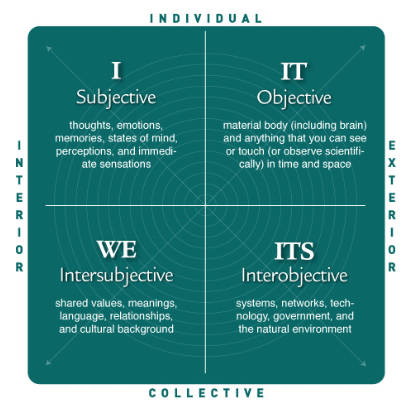Integral Filmmaking Trend Part 1
There’s a new trend emerging on the horizon of documentary filmmaking.
First, a look back. Four years ago, I sent out a call for more solution-oriented, transformational documentaries. That trend is now visible!
And a newer movement is nascent.
In 2017, the NEA’s report from the Documentary Sustainability Summit called for a more “open and solution-oriented” approach to filmmaking. Elevating the conversation, said IDA director Simon Kilmurry, would “build a stronger documentary field that not only survives but thrives”.
Films like Godwatch, Searching for Sugarman, and An Inconvenient Sequel are solution-oriented, social issue documentaries that leave viewers feeling inspired rather than depressed.
Now there’s a new development. And it’s emerging from the crucible of today’s escalating culture wars.
Progressives and conservatives tend to consume media that speaks to their values. But as rhetoric gets more polarized, imagine a documentary that could break through the impasse.
Imagine a crossover film that could effectively speak to all values: traditional, modern, and post-modern. Such films could be called “integral”.
Let’s get metaphysical for a minute. According to integral theorist Ken Wilber (considered by some the greatest American philosopher alive), no moral worldview is wrong. Each contains a kernel of human wisdom. “Some are simply more inclusive, more encompassing, more holistic,” says Wilber.
Research suggests that the main reason people like a film is because it reflects their values, their moral worldview. Any documentary that can respectfully evoke and integrate multiple worldviews will likely appeal to a wider audience.
Imagine a documentary about climate change that speaks directly to the values of traditional viewers. The language might not be “sustainability”, but “being good stewards over the gifts of the Creator” usually means caring for the natural world.
Harder still for many, imagine a documentary that points out the gifts in the Trump presidency–while not endorsing his administration.
The integral movement is catching on. Today there are integral psychologists, integral business owners, integral coaches, integral think tanks. So why not integral filmmakers?
Integral documentaries can include and transcend multiple points of view, helping heal the culture wars.
Whether it’s called “integral” or by some other name, if you know of such pioneering documentaries, please send me titles! I’m starting a list that I’ll share in Part 2 of this newsletter.
